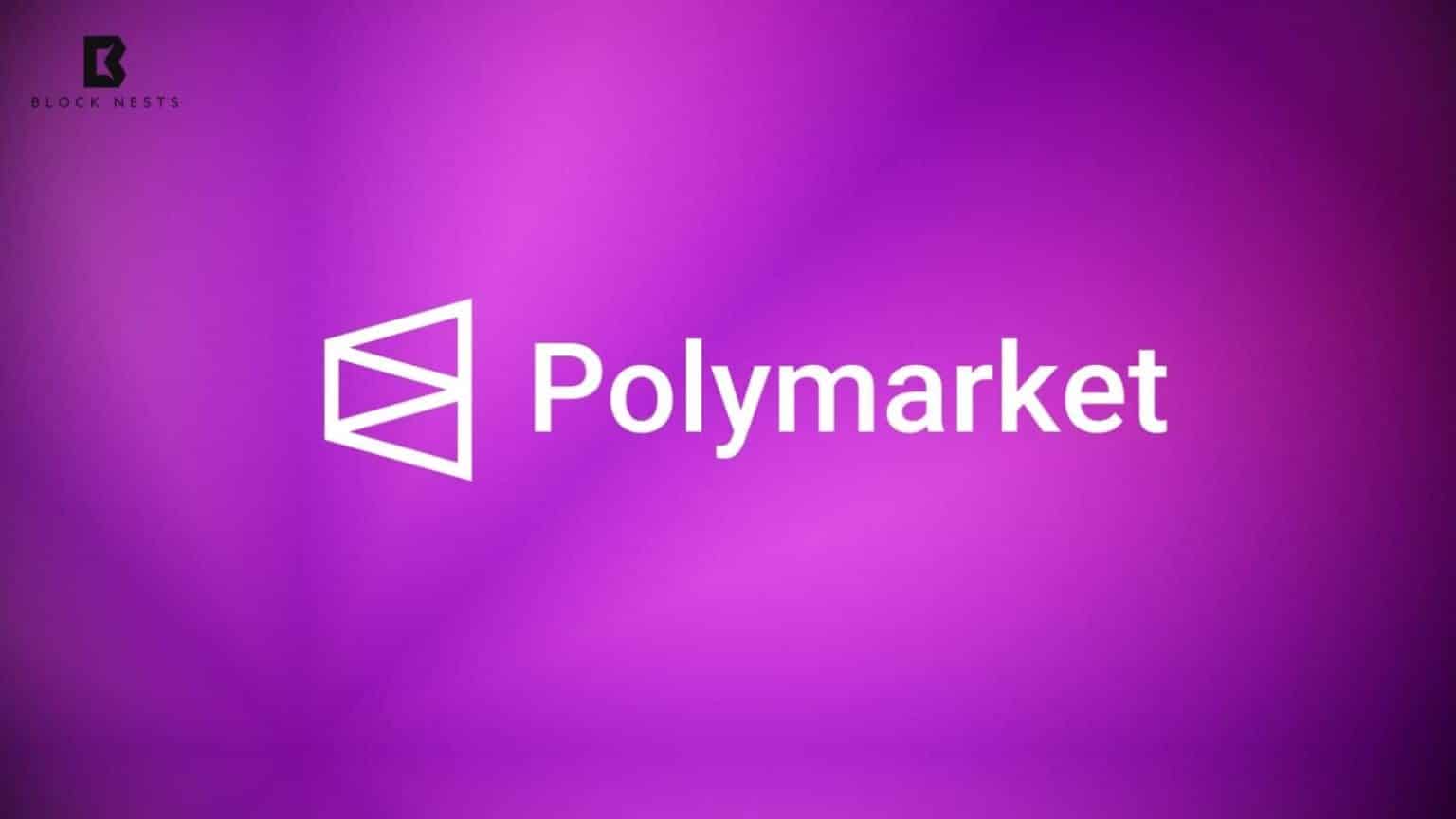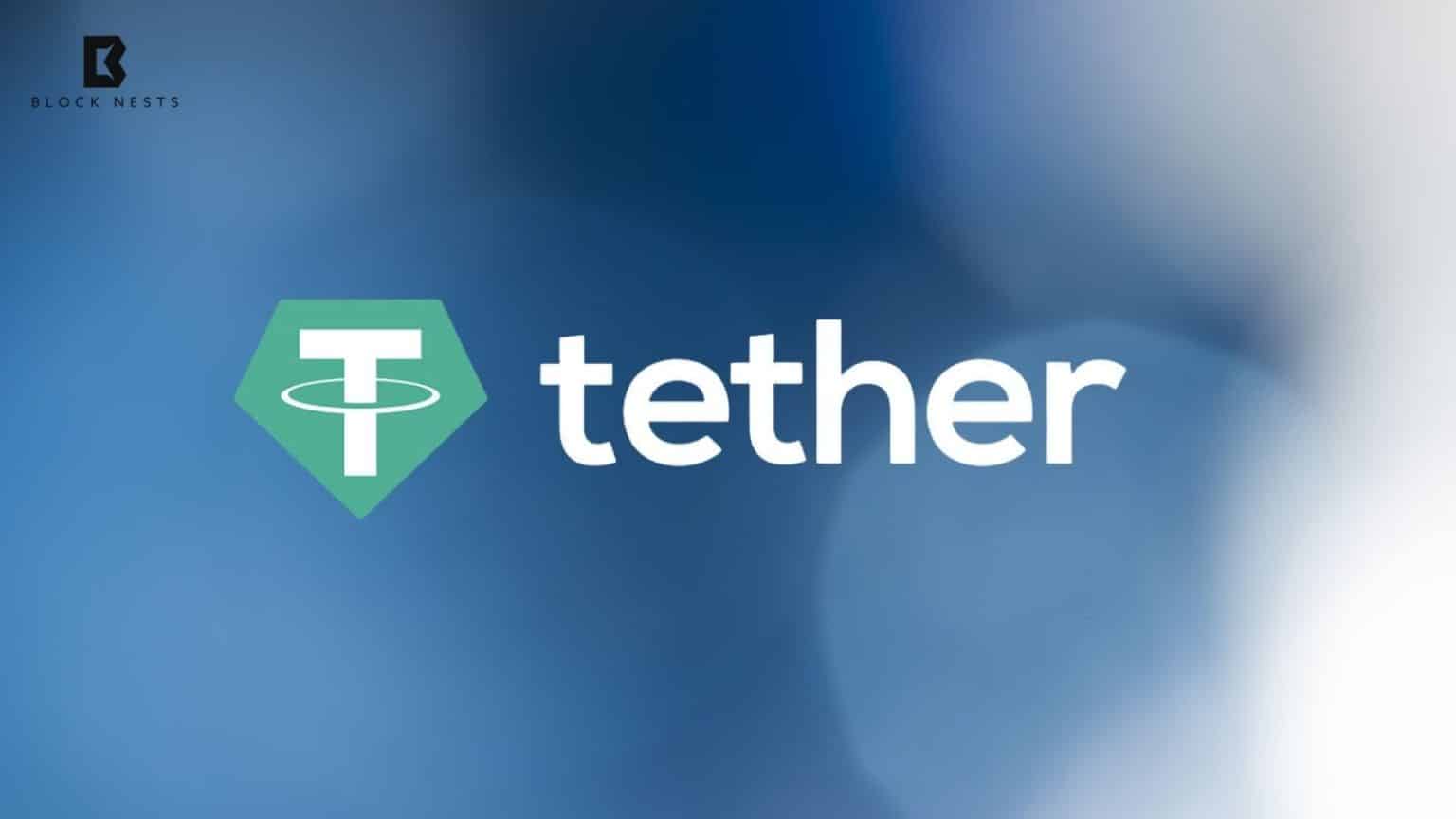- KernelDAO introduces KUSD, a stablecoin bridging DeFi and credit markets with yield from institutional usage.
- KUSD is collateralized by real-world assets like payroll, remittances, and trade finance, ensuring stability.
- Designed to improve global payment efficiency, KUSD aims to reduce settlement times in a $220T market.
KernelDAO is a BNB Chain-based restaking protocol, which has opened KUSD, a stablecoin intended to close the gap between decentralized finance (DeFi) and conventional credit markets. Introduced on September 16, KUSD will provide a novel strategy in the form of yielding on institutional usage, instead of sitting idle in the tradition of stablecoins. This renders KUSD a more vibrant and more gratifying asset within the crypto-world.
Short-term receivables supported by KUSD are payroll, remittances, trade finance, and brokerage settlements. These real-world assets are fully used to collateralize the stablecoin. This makes KUSD stable and offers a steady yield.
With institutional payments, KUSD yields returns, which forms a cycle of self-reinforcing liquidity and rewards. Other stablecoins tend to be a sharp contrast to this model as they usually exclude a productive element.
KernelDAO Strengthens DeFi and Credit Markets with KUSD
The stablecoin is based on the $2.4 billion ecosystem of KernelDAO that encompasses the Kelp liquid restaking protocol and Gain high-performing vaults. KernelDAO is already connected to more than 150 DeFi protocols and is used by more than 350,000 people. The introduction of KUSD further solidifies the place of KernelDAO by accessing the real-world credit market, which will expand to $30 trillion by 2034.

Source: KernelDao
However, KUSD has two main purposes. It is both a settlement currency by institutions and a yield generating token by DeFi protocols. As a liquidity provider, one can mint KUSD through depositing stablecoins.
Also Read: SC Ventures to Launch $250M Fund Backed by Middle East Investors in 2026!
These deposits are further advanced to approved institutional borrowers. When the repayments are returned to the system, they give yield, which enters through decentralized systems. This process boosts the level of liquidity and incentivizes members within the ecosystem.
KUSD Aims to Streamline $220 Trillion Global Payments Market
The KUSD of KernelDAO is set to resolve the failures in the global payments market which is estimated to be more than 220 trillion every year. The existing system puts a freeze on trillions in pre-funding and cross border transfers that can take days to clear. KUSD tries to establish institutional credit in its design to make payments more efficient and faster, reducing settlement time.
KernelDAO will publish a litepaper and announce early launch partners in the near future. Should it succeed, KUSD may disrupt the existing models of the stablecoin by tying DeFi liquidity to the demand of institutional credit. This innovative solution has the potential to transform the future of the financial industry and stablecoins in particular.
Also Read: Bitwise Set to Launch Avalanche ETF, Revolutionizing Crypto Investment!
How would you rate your experience?






